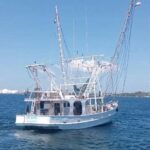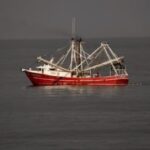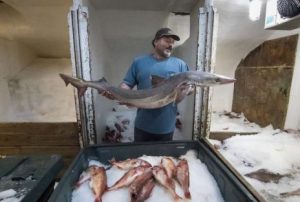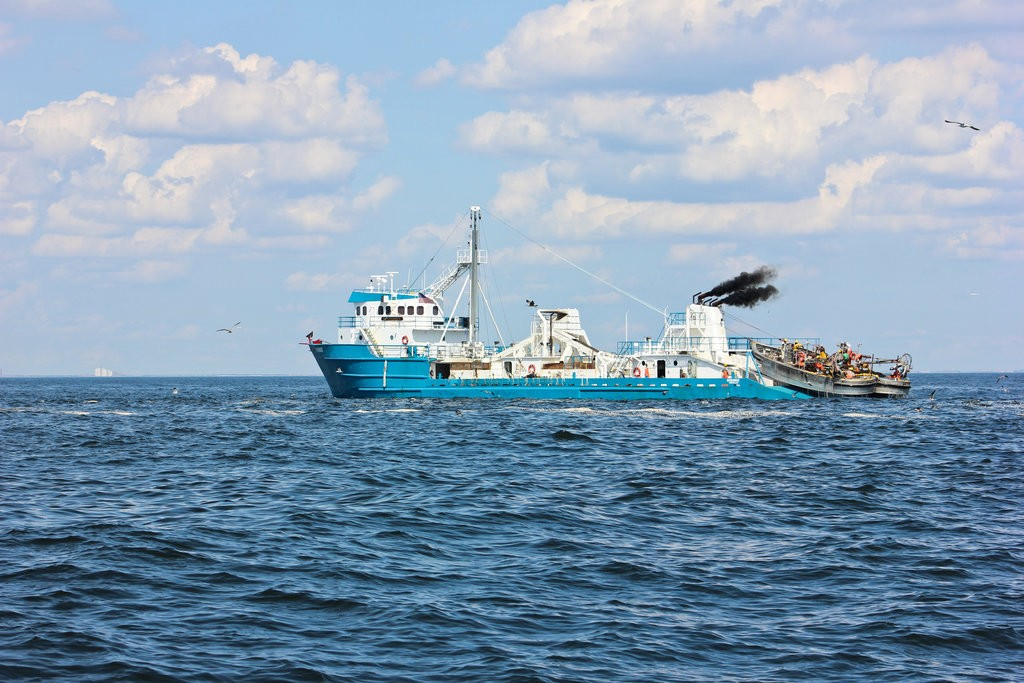A loose coalition of offshore wind opponents is forming from North Carolina to New England to the Great Lakes to question or challenge the expanding list of proposed projects. The Thomas Jefferson Institute for Public Policy has affiliated with the coalition, with our concerns over Dominion Energy Virginia’s proposed 5,280 megawatt project basically being economic. Massive worldwide economic forces are behind this push, most of them positioning the company to earn substantial profits from energy ratepayers. The Virginia State Corporation Commission, basically under orders from the General Assembly to approve the offshore wind proposed by Dominion, has estimated the all-in consumer cost of the Dominion project at more than $37 billion. It accounts for about a third of the $807 annual increase in residential electric bills the SCC has projected by 2030, with the power provided dependent on unreliable wind. >click to read< 11:55
Tag Archives: Virginia General Assembly
Menhaden fishermen, jet ski protestor clash leads to a bill with “teeth”
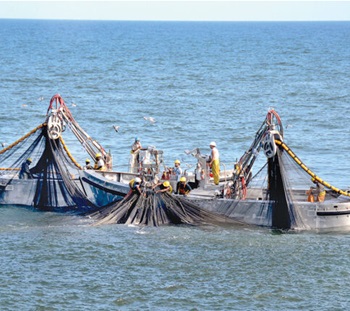 The Virginia General Assembly has passed HB 928, a bill designed to protect commercial fishermen and their boats from harassment at sea. The bill passed, 38-1, by the Senate, and, 99-0, by the House and signed by the speaker of the House on March 5 and president of the Senate on March 7. Gov. Glenn Youngkin is expected to sign it into law and the “Governor’s deadline action period” is by April 8. HB 928 was prompted by a dangerous engagement between a jet skier and an Ocean Harvesters menhaden fishing crew, reportedly occurred on Sept. 23, 2023, and was documented in a video by a menhaden spotter pilot. more, >>click to read<< 07:26
The Virginia General Assembly has passed HB 928, a bill designed to protect commercial fishermen and their boats from harassment at sea. The bill passed, 38-1, by the Senate, and, 99-0, by the House and signed by the speaker of the House on March 5 and president of the Senate on March 7. Gov. Glenn Youngkin is expected to sign it into law and the “Governor’s deadline action period” is by April 8. HB 928 was prompted by a dangerous engagement between a jet skier and an Ocean Harvesters menhaden fishing crew, reportedly occurred on Sept. 23, 2023, and was documented in a video by a menhaden spotter pilot. more, >>click to read<< 07:26
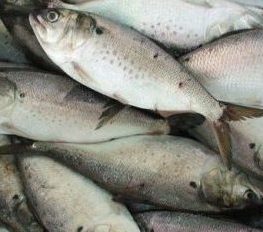
Bill introduced to ban controversial fishing method in Virginia
A bill has been introduced for the next session of the Virginia General Assembly to place a two year moratorium on Atlantic menhaden reduction fishing in Virginia’s portion of the Chesapeake Bay. State Delegate Tim Anderson is sponsoring the bill. Menhaden are a baitfish that serve as forage for a wide number of larger and sportfish species. The method of fishing has been criticized by sportfishing and conservation groups. Omega Protein operates a fishing fleet that targets menhaden. Critics say menhaden numbers have been driven down in the Chesapeake because of it, and that sportfish numbers have dropped as a result. Video, >click to read< -09:37

Opposition Forms from N.C. to N.E. to Great Lakes over ocean industrial development all-in consumer cost

Menhaden regulations have plagued lawmakers for decades.
Every year, the drama has followed the same lines. Some lawmakers and environmentalists concerned about the health of the valuable fishery, the only one managed by the legislature rather than regulators, push to transfer its management to the Virginia Marine Resources Commission. The industry and its unionized fishermen, concerned that regulators will cramp their business, push back. It’s been perhaps the state’s dullest political tug-of-war. But then, this winter, it ended when Omega Protein, the Reedville-based Canadian company that is the largest single player in the U.S. menhaden industry, told a Senate panel that it supported legislation to hand over fishery management to the VMRC. >click to read< 07:39

Virginia escapes sanction — for now — that could shut down menhaden fishing
A threat to shut down Virginia’s menhaden fishery disappeared after an interstate commission decided it wouldn’t find the state out of a compliance with a new quota for the oily fish. The Atlantic States Marine Fisheries Commission cut the quota for menhaden caught in Chesapeake Bay by purse-seine vessels by 42 percent back in 2017 — but the General Assembly balked this year and last at enacting that lower quota into state law. This month, the commission indefinitely postponed taking any action to find Virginia out of compliance, a finding that could trigger a federal moratorium on the fishery. >click to read<10:51




































